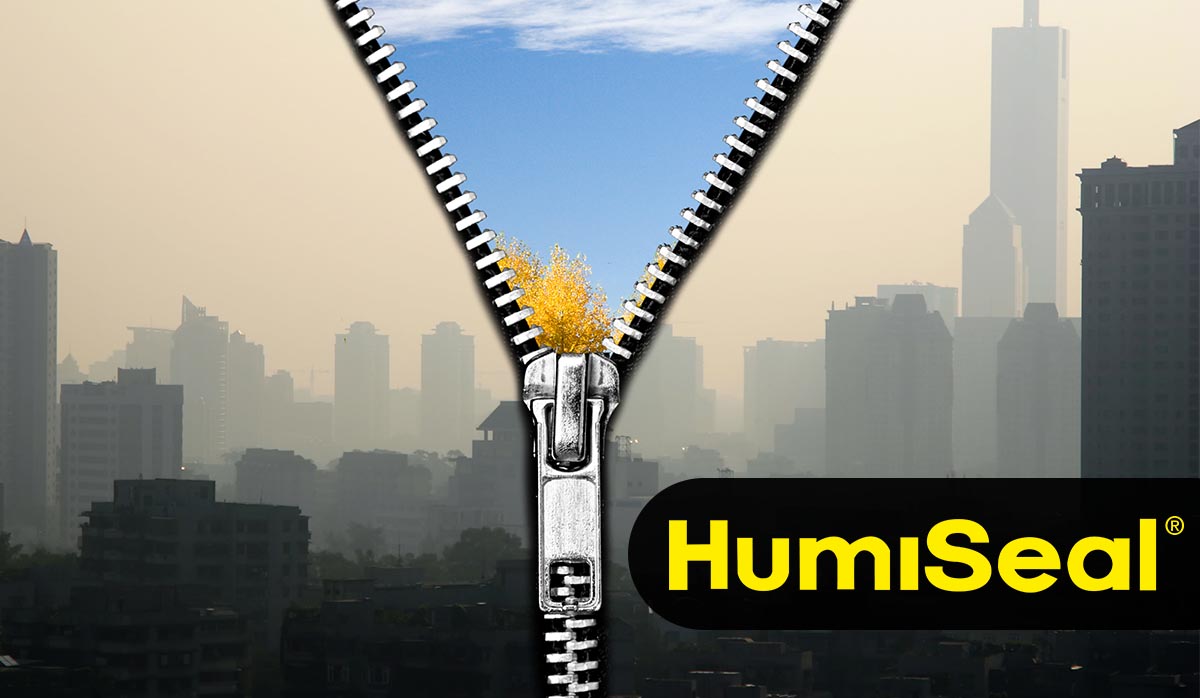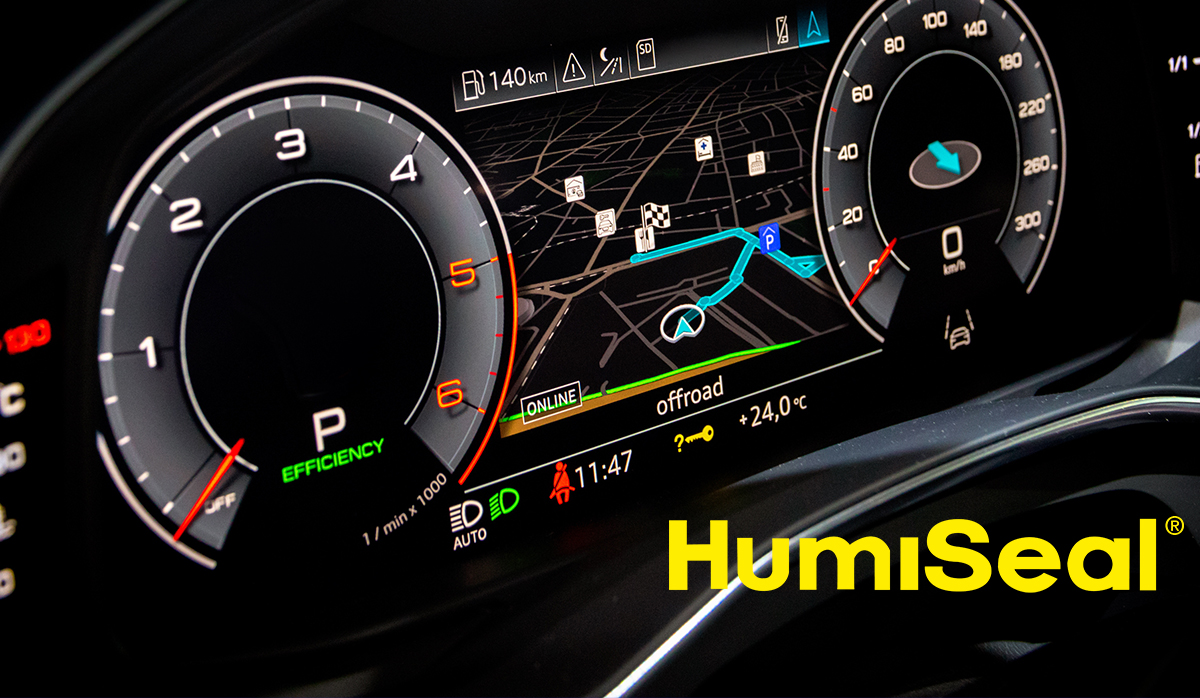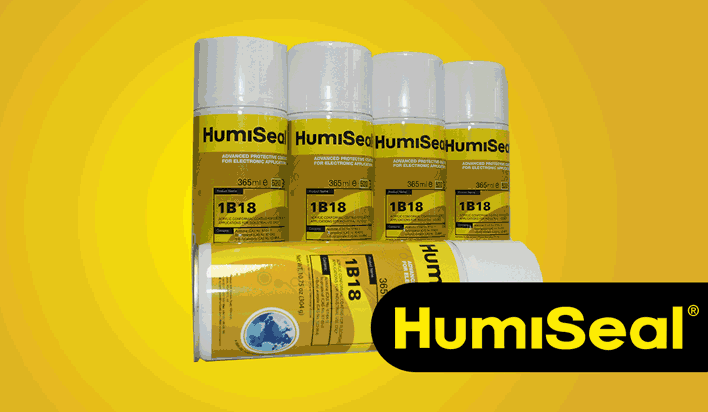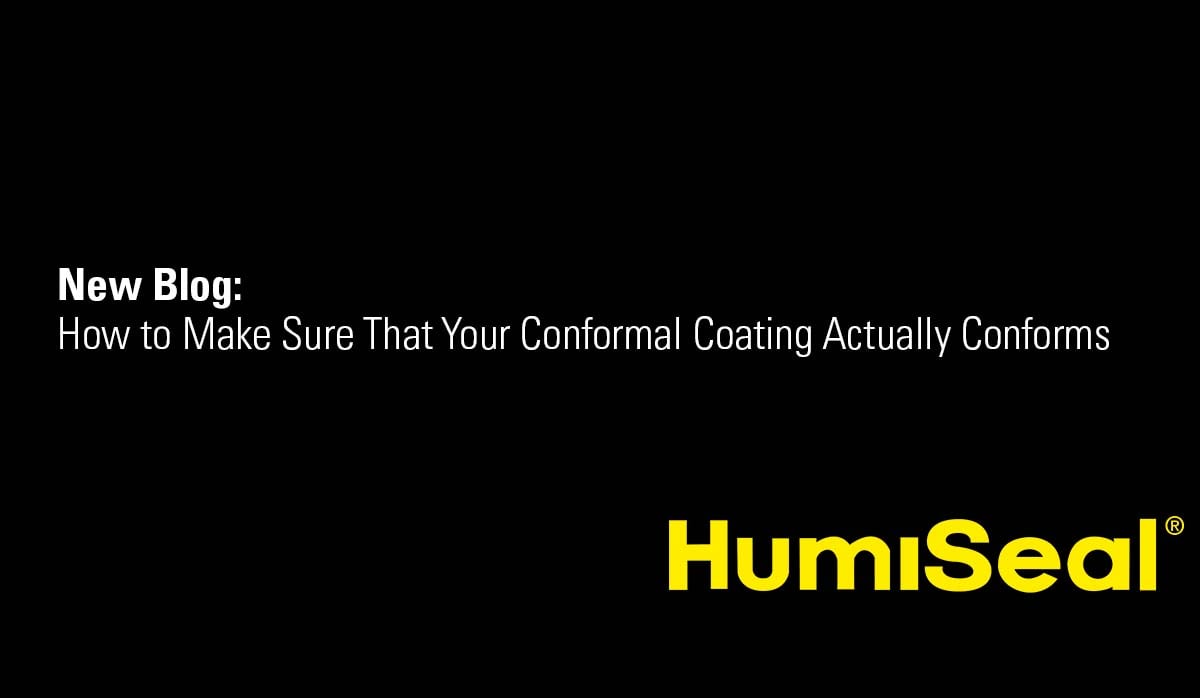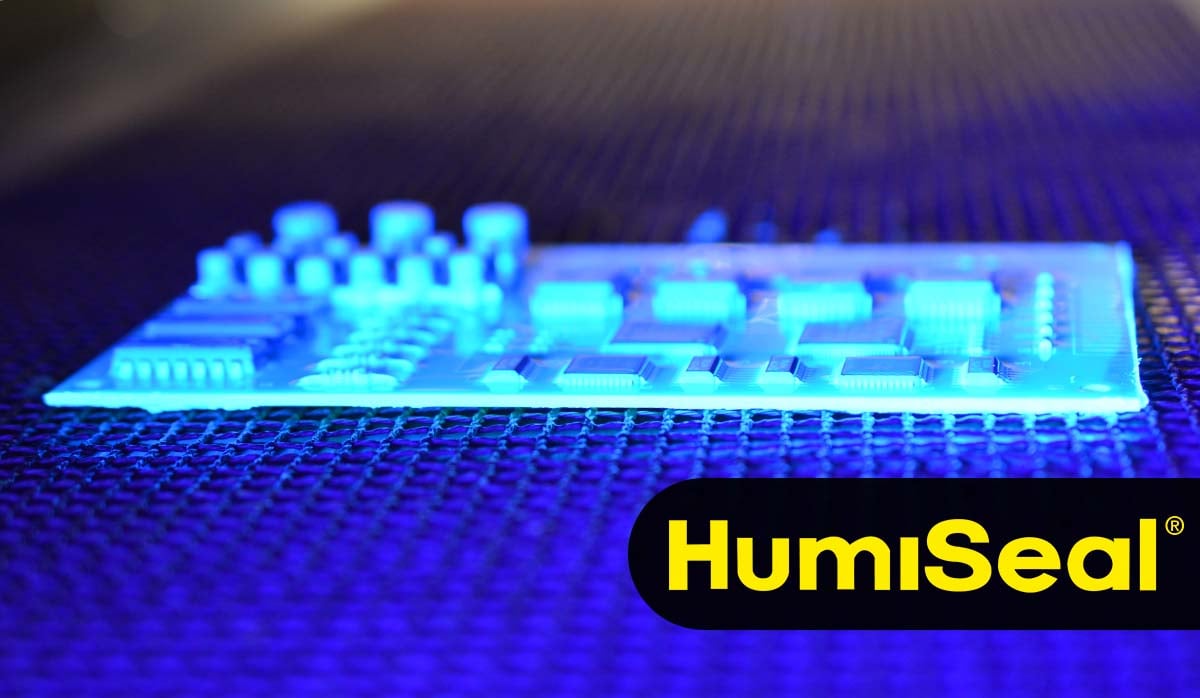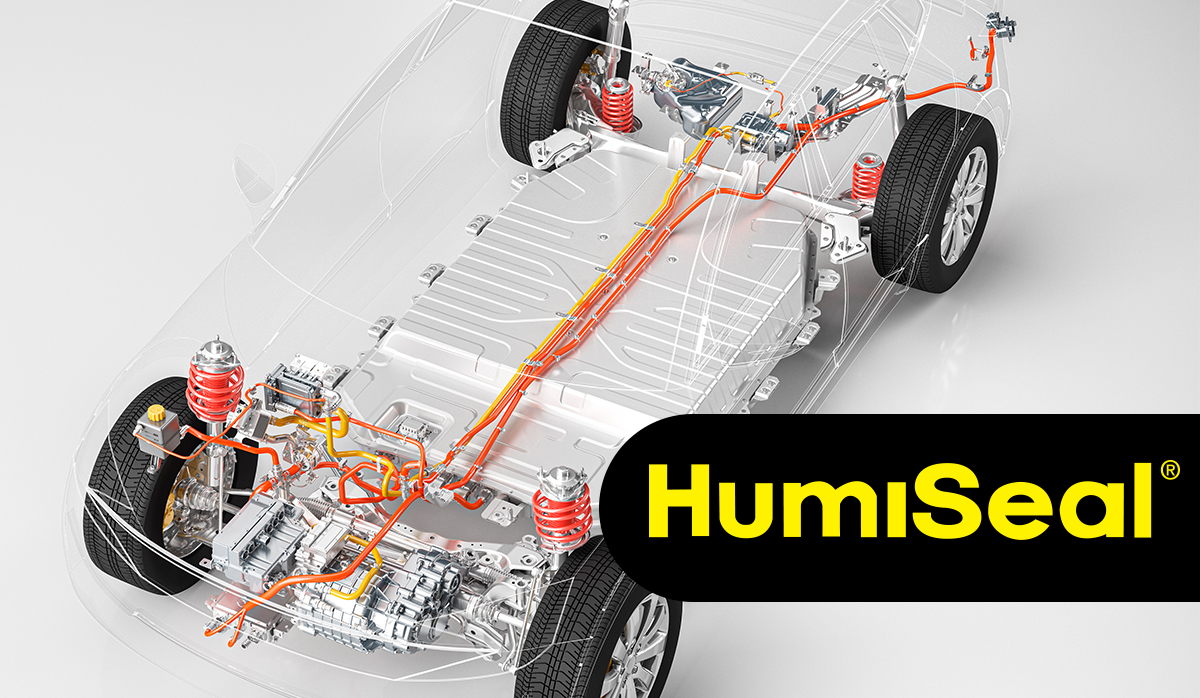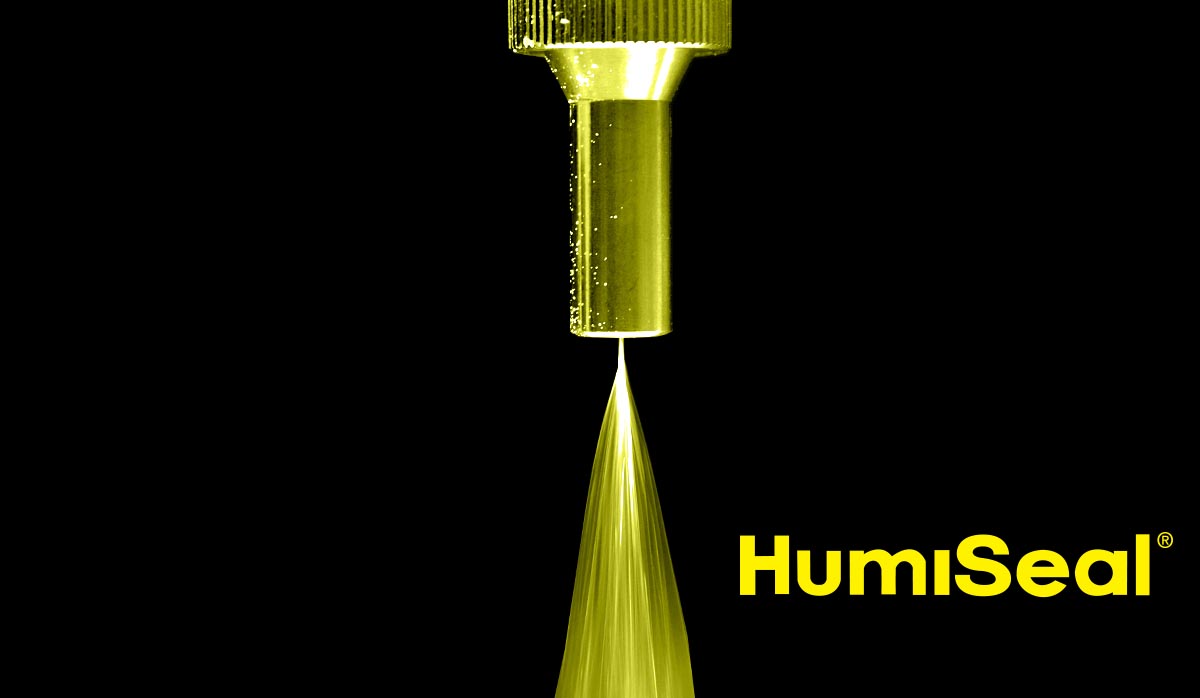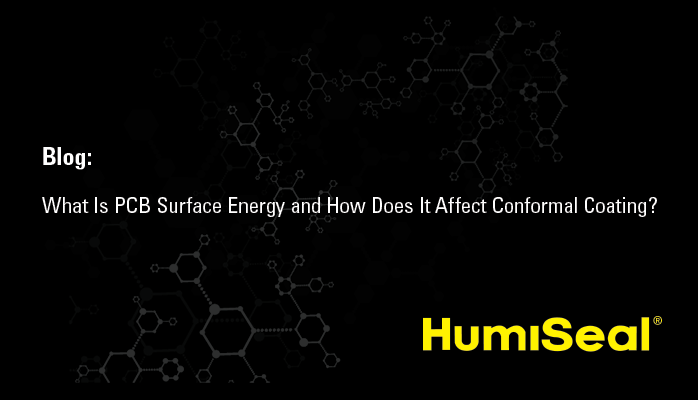March 4th of 2020 represented a potentially seminal date for both suppliers and manufacturers within the printed circuit board industry. This was the date of release of four updated Guobiao or “GB” standards related to the VOC content and other harmful substances allowable within supplied inks, adhesives, and protective coatings in China. This change in regulations is the result of China’s three-year action plan begun in 2018. The plan is intended to improve air quality through reduction of VOC emissions by at least 10% as compared to 2015 levels.
The new standards are straightforward but can become difficult to understand as they are often implemented by city and by region.
Read More
Topics:
Low VOC Applications,
VOC China,
LTX Coatings,
GB standards,
VOC emissions,
Sustainability
Liquid optically clear adhesives (LOCA) provide superior optical enhancement and anti-glare properties in the manufacture of liquid crystal displays. Light, temperature and moisture can significantly affect the physical and optical properties of these adhesives, promoting yellowing or discoloration, delamination, and loss of adhesion. In this discussion, we will explain the use of “accelerated weathering exposure” in the design of LOCA and its advantages over more traditional individual factor analysis.
Read More
Topics:
Adhesive Solutions,
Display Adhesives,
LCD displays,
LOCA,
Liquid Optically Clear Adhesives
Packaging. Not the most complex subject when choosing a conformal coating, but treat the decision too lightly at your peril. There are a surprising number of options available, each suitable to very specific needs and conditions. In this brief presentation we will discuss, from smallest to largest, the various packaging choices available to you, along with the advantages and disadvantages of each.
Read More
Topics:
conformal coating,
Conformal Coating Process,
Conformal Coating Packaging
Take a quick look at the photograph on your right. If you are in the business of PCB manufacturing with conformal coatings, does it frighten or concern you at all? Does the magnified coating appear to truly “conform” to the surfaces evenly? And if not, what effect, if any, might this have on the protection of your PCBs?
First of all, don’t panic. What you see in the photograph is not unusual and is not necessarily a problem. It is important, however, that if you are in the business of applying conformal coatings, you should have a clear understanding of some of the unique challenges they present.
Read More
Topics:
conformal coating,
silicone conformal coating,
Humiseal,
Conformal Coating Process
UV curable conformal coatings have attained widespread use in applications requiring fast through-put times, such as automotive, white goods, and industrial control manufacturing. In addition to speed of cure, UV curable conformal coatings provide the advantage of high physical protection and chemical resistance for electronic systems. Traditionally the UV curing of coatings is an energy intensive process. One that uses high-power mercury discharge lamps, which as a result of use produce considerable amounts of heat and ozone. The recent introduction of new, high-output LED UVA light units allows for the successful cure of conformal coatings by using between 365nm and 395nm wavelength of UVA light, effectively curing with minimal heat and no ozone generation.
Read More
Topics:
UV Curable (Type AR/UR),
Conformal Coating Process,
conformal coating application,
UV Curing,
UV light,
UVA
Adoption of plug in -electric vehicles (EVs) has been slower than many expected, but there is little question the next few years will see adoption accelerate. Your hypersensitive dog will have to find new visitors to harass when your delivery drivers arrive without notice, driving to your door silently in all-electric commercial vans. Many of your favorite suppliers and stores have already ordered these vehicles. Game-changing battery and charging developments are eliminating range anxiety, and autonomous driving controls and safety innovations are in the final stages of building our trust.
Read More
Topics:
Thermal Interface Materials,
Vibration Suppression,
Thermosink,
Conformal coating benefits,
EMI conductive gaskets,
EV,
Electric Vehicle
Modern hydrogen fuel cell technologies require ever more sophisticated and reliable electronic control systems to assure both safety and longevity. Hydrogen fuel cells are gaining in popularity in critical industries including automotive, aerospace, ocean transportation, military, and power microgrid systems among others. Protection of printed circuit boards and their components from physical, chemical, and thermal damage is essential to produce robust and reliable fuel cell systems for demanding applications.
Read More
Topics:
UV Curable (Type AR/UR),
Conformal Coatings,
Humiseal Blog,
Conformal coating benefits,
UV Curing,
microgrids,
renewable energy
One of the most basic and common questions we at HumiSeal® are asked by both existing and potential new customers is,
“How much does it cost to conformally coat my printed circuit boards?”
Since conformal coatings are usually sold in liquid form by the liter or gallon, it is necessary to go through a fairly basic calculation that we will present here.
The simplest and most common way to evaluate cost is by determining the cost in dollars of coating per PCB.
Read More
Topics:
Conformal Coatings,
Conformal Coating Costs,
Protection for PCB
A critical function of conformal coatings is to protect PCBs and electronics from damage caused by moisture and humidity. In this discussion, we will attempt to answer some of the more common questions we often hear regarding the level of protection you can expect from a conformal coating.
Are conformal coatings waterproof?
The above is probably the most common question and most misunderstood subject in the area of PCB protection
Read More
Topics:
Environmental Conditions,
Conformal Coating Process,
Conformal coating benefits,
waterproofing silicones,
waterproofing
In previous articles, we discussed common defects in conformal coatings related to surface energy issues. These included issues such as
- fish eyes
- lack of coating coverage
- poor bonding
- delamination
We received significant feedback, and the most common response was to ask for more specifics about just what surface energy is anyway.
Read More


